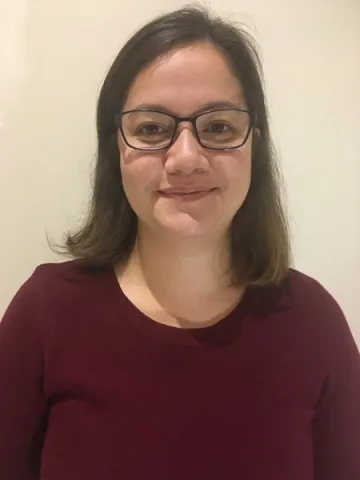Project overview
Social farms are working farms that are open to people with disabilities who want to be outside doing something useful but need support. There are over 400 social farms in England, some support people living with dementia. People living with dementia visit social farms, either by themselves or with a family carer, because it helps them to feel better physically and mentally. Being outdoors, making friends, and helping with daily farm activities such as feeding animals, looking after crops and plants, can help a person to feel good about life. But not everyone gets the same chance to use a social farm. For example, we know that more men use the service than women, and the needs of people from black and ethnic minority communities are often overlooked.
We aim to find out about access to social farms for people living with dementia. Access means that a service is available to everyone, open when people need it, easy to get to, affordable, and liked by those who use it.
Our objectives are to:
1. Gain a clearer picture of which social farms in England support people living dementia and find out more about the people living with dementia who use them.
2. Find out what different people think and feel about social farms, including women and people living with dementia from south Asian backgrounds.
3. Look at what we discover and come up with ideas for improving access to social farms.
Design and methods used: We will collect information using a survey and by interviewing various people.
The survey will be sent to all social farm managers in England. We will ask managers about the service they provide to people with dementia or would like to provide if they could. If they provide a service to people with dementia, we will ask them to tell us more about the people who use the service. For example, how old are they? What is their ethnic group? What other disabilities do they have?
We aim to find out about access to social farms for people living with dementia. Access means that a service is available to everyone, open when people need it, easy to get to, affordable, and liked by those who use it.
Our objectives are to:
1. Gain a clearer picture of which social farms in England support people living dementia and find out more about the people living with dementia who use them.
2. Find out what different people think and feel about social farms, including women and people living with dementia from south Asian backgrounds.
3. Look at what we discover and come up with ideas for improving access to social farms.
Design and methods used: We will collect information using a survey and by interviewing various people.
The survey will be sent to all social farm managers in England. We will ask managers about the service they provide to people with dementia or would like to provide if they could. If they provide a service to people with dementia, we will ask them to tell us more about the people who use the service. For example, how old are they? What is their ethnic group? What other disabilities do they have?
Staff
Lead researchers
Other researchers
Research outputs
Ruth Bartlett, Alexandra Kaley, Naz Hussain, Faraz Ahmed, Sara Mckelvie & Denise Tanner,
2025, Health & Social Care in the Community
Type: article
